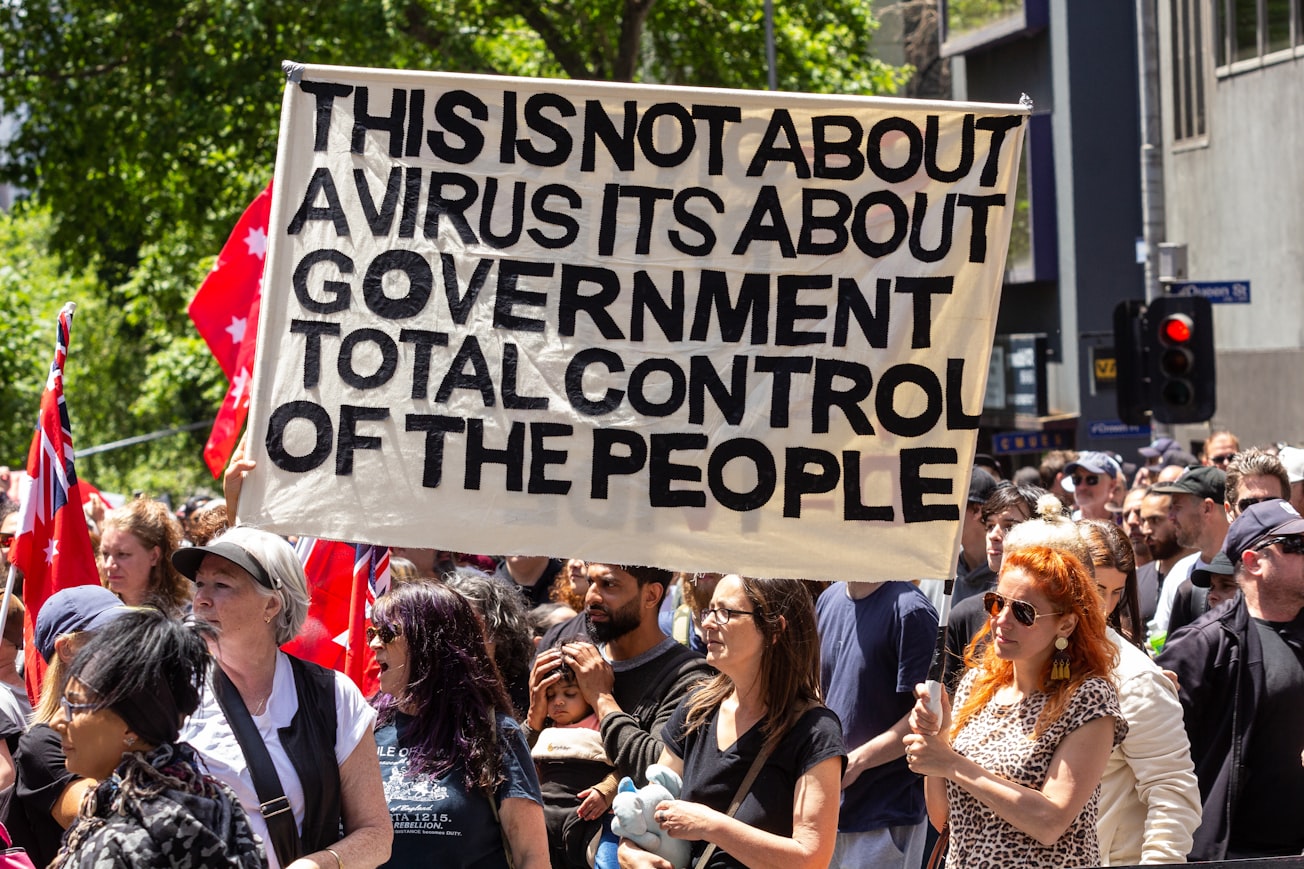What is it about?
In "Rethinking Evidence in the Time of Pandemics," the authors address the challenges of disinformation during global health crises like COVID-19, which has transformed the specialized issue of reliable medical evidence into a topic of public concern and debate. The book questions the assumption that evidence means the same thing to different constituencies and in different contexts. It explores the controversies surrounding COVID-19 by recognizing different types of rationality and plural conceptualizations of evidence, examining debates on measures like mandatory face masks and vaccine hesitancy. The authors put forth a three-step approach to help health professionals and authorities more effectively address evidence controversies during crises. This approach is grounded in Walter Fisher's narrative paradigm, highlighting the crucial role of storytelling in communication: 1. Acknowledge that people make sense of information through narratives. Instead of just providing more facts, health authorities should engage with how people understand these facts and the stories they create. 2. Analyze the values behind different narratives to understand why people believe in certain stories. For example, some opposed face mask mandates as a threat to personal freedom, while others saw it as a moral responsibility. 3. Assess the coherence and credibility of stories based on the values they appeal to and the context of individuals or communities. Consider the social, political, and cultural realities to understand why certain narratives resonate with specific populations. The book argues that understanding and addressing the narratives people belive in can improve communication about medical issues, reduce resistance, and foster better understanding during pandemics.
Featured Image

Photo by DJ Paine on Unsplash
Why is it important?
The book has the potential to make a significant difference in public health communication strategies by encouraging health professionals and authorities to consider the values, context, and experiences of different populations when crafting messages. By doing so, they can create more effective narratives that resonate with various communities, reduce resistance to health measures, and facilitate better cooperation and understanding among diverse groups. Ultimately, this can lead to more successful responses to pandemics and other public health challenges in the future.
Perspectives

As the co-author of this book, I've come to understand that stories challenging official pandemic policies shouldn't be dismissed as irrational just because they don't align with scientific rationality. It's crucial to consider the experiences and perspectives that shape people's understanding of the facts. By asking "How do these facts make sense to people, and why?" we can foster more inclusive and sustainable decision-making that acknowledges diverse personal narratives.
Eivind Engebretsen
Universitetet i Oslo
Read the Original
This page is a summary of: Rethinking Evidence in the Time of Pandemics, September 2022, Cambridge University Press,
DOI: 10.1017/9781009030687.
You can read the full text:
Resources
- Interview
Rethinking Evidence - In Pursuit of Development
Dan Banik, Mona Baker, and Eivind Engebretsen discuss what is meant by “evidence”, and why different people arrive at different decisions based on the same sources of evidence.
- Interview
Narrativity and the Crisis of Evidence
In this Translating Illness video podcast, Marta Arnaldi discusses with authors Mona Baker and Eivind Engebretsen their new publication, Rethinking Evidence in the Time of Pandemics: Scientific vs Narrative Rationality and Medical Knowledge Practices (Cambridge University Press, 2022). The book moves from, and goes beyond, the scenario of the COVID-19 crisis to ask in what ways the pandemic transformed the ‘specialized issue of what constitutes reliable medical evidence into a topic of public concern’. Are scientists interpreters? What is the boundary between facts and fiction? Does it make sense to distinguish between the so-called objectivity of science and the subjectivity of the humanities? If these divides, as Baker and Engebretsen put it, have become unsustainable, how do the futures of research and policy look like as we step into a new era in the history of science and thought?
- Related Content
Narratives and Evidence – Which stories about COVID-19 did we believe and why?
Rigorous empirical evidence is often presumed to be the most persuasive, notably in fields such as healthcare and medicine, where there are established frameworks for assessing the quality of evidence. In this post, Eivind Engebretsen and Mona Baker argue for the importance of narrative rationality, especially in areas where expertise is contested. Drawing on work from their recently published book and taking the COVID-19 pandemic as an exemplary case, they point to how the narrative structure and context of evidence are closely related to how knowledge is communicated and adopted by different audiences.
- Related Content
How to make sense of medical evidence?
Blogpost at the Cambridge blog.
- Related Content
How to make sense of medical evidence? Read about our new book on evidence and COVID-19
In our book, Rethinking Evidence in the Time of Pandemics: Scientific vs Narrative Rationality and Medical Knowledge Practices (Cambridge University Press, 2022), we offer a theoretical framework that identifies and distinguishes different types of rationality – specifically scientific and narrative rationality – and hence plural conceptualizations of evidence in healthcare, using COVID-19 as a case study.
Contributors
The following have contributed to this page







